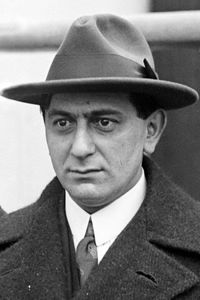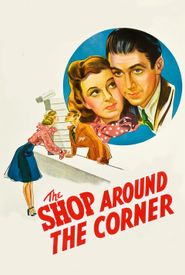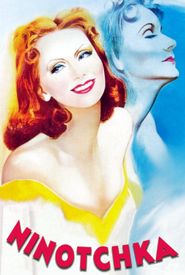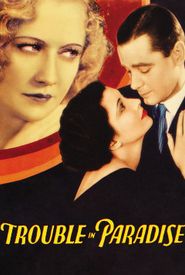Ernst Lubitsch's journey in the world of theater began in Sophien Gymnasium, where he developed a passion for acting. At the age of 16, he left school to pursue a career on the stage, compromising with his father by keeping the family tailor business's account books while acting in cabarets and music halls at night.
Lubitsch's talent soon caught the attention of Max Reinhardt, a renowned director, producer, and impresario, who offered him a role at the Deutsches Theater. He quickly rose to leading acting roles and took on extra jobs as a handyman while learning silent film acting at Berlin's Bioscope film studios.
In 1912, Lubitsch launched his own film career, starring in a series of comedies showcasing traditional ethnic Jewish slice-of-life fare. His success in these character roles led him to broader comedy and eventually, he began writing and directing his own films.
Lubitsch's breakthrough film was "The Eyes of the Mummy" (1918),a tragedy starring Pola Negri, which was followed by "Carmen" (1918),a commercially successful film on the international level. His work showcased his genius for capturing the audience's attention through sophisticated humor, inspired staging, and economic visual storytelling.
In 1919, Lubitsch directed seven films, including "Passion" (1919),a lavish production starring Negri and Emil Jannings, and "The Oyster Princess" (1919),a witty parody of the American upper crust that exemplified his signature "Lubitsch Touch."
Lubitsch's success in Europe brought him to the United States, where he promoted "The Loves of Pharaoh" (1922) and became acquainted with the thriving US film industry. He soon returned to Europe, but came back to the US to direct Mary Pickford in his first American hit, "Rosita" (1923).
The Marriage Circle (1924) marked the beginning of Lubitsch's run of sophisticated films that mirrored the American scene, showcasing his versatility in crafting smart films. He continued to work in the 1930s, producing a mix of pioneering musical films and dramas.
In 1935, Paramount made Lubitsch its production chief, allowing him to produce his own films and supervise production of others. He signed a three-year contract with Twentieth Century-Fox in 1938.
Lubitsch's later career was marked by two beloved films that dealt with the political landscape of the World War II era. "Ninotchka" (1939) was a fast-paced comedy about Westerners meeting Soviet "comrades," while "To Be or Not to Be" (1942) was a biting satire of Nazi tyranny that poked fun at Lubitsch's own theater roots.
Lubitsch had a massive heart attack in 1943, but completed "Heaven Can Wait" (1943) before his health declined further. He continued to work as he could, with Otto Preminger taking over the direction of "A Royal Scandal" (1945) and Lubitsch credited as nominal producer.
Lubitsch received a special Academy Award in 1947 for his 25-year contribution to motion pictures. At his funeral, Billy Wilder and William Wyler delivered poignant epitaphs, with Wilder saying "No more Lubitsch" and Wyler adding "Worse than that - no more Lubitsch films."


















































